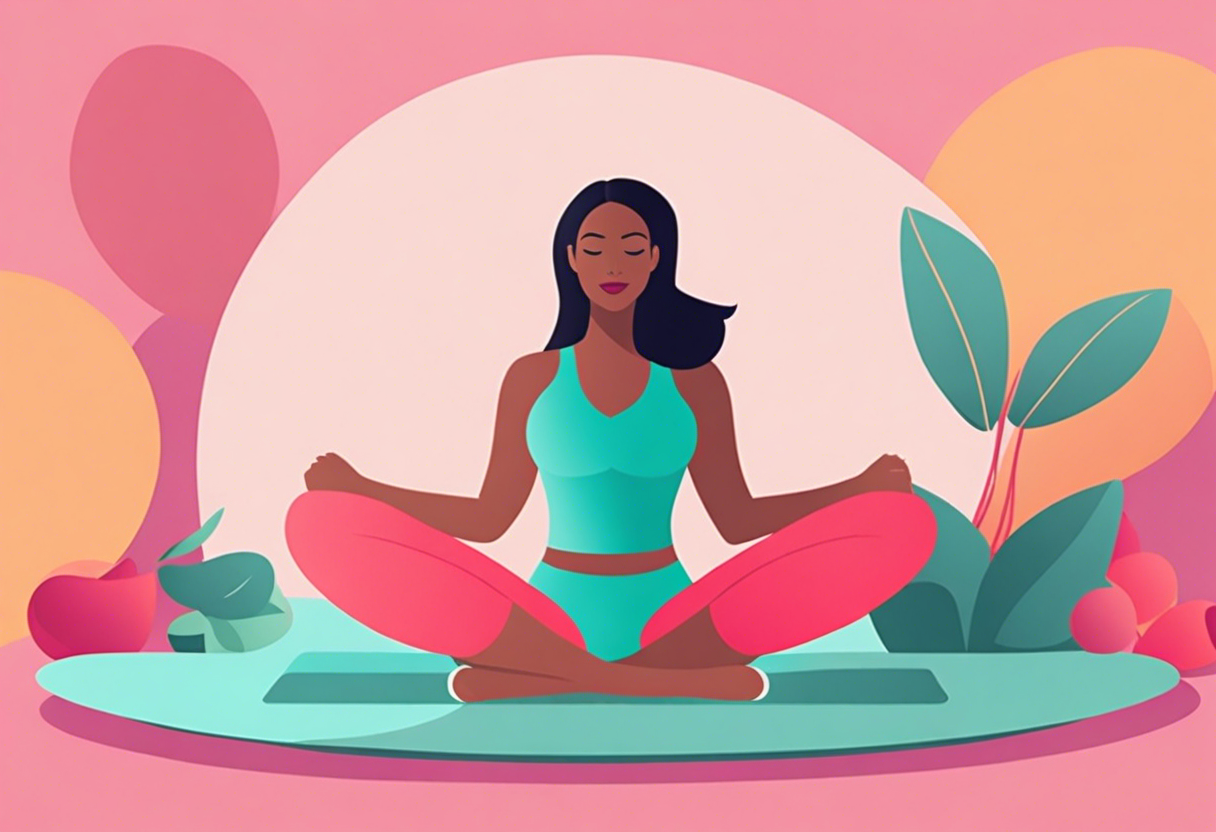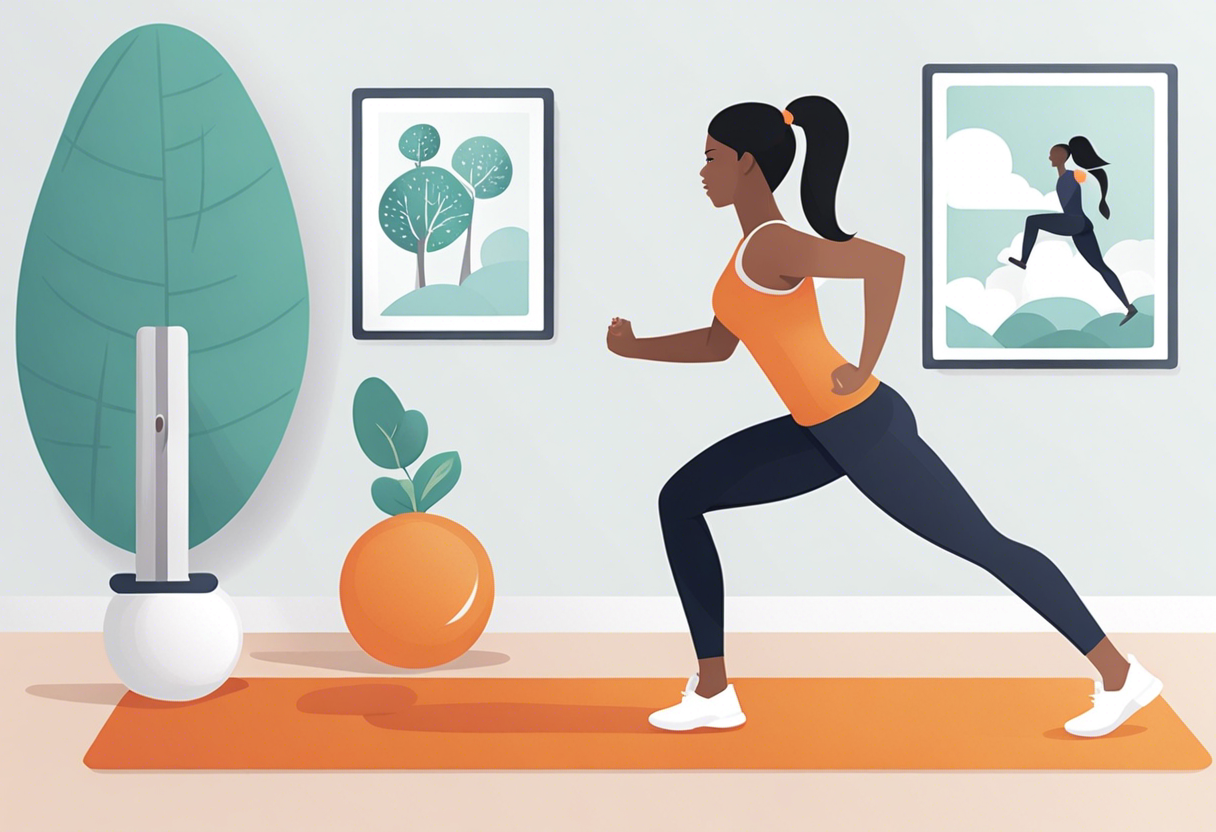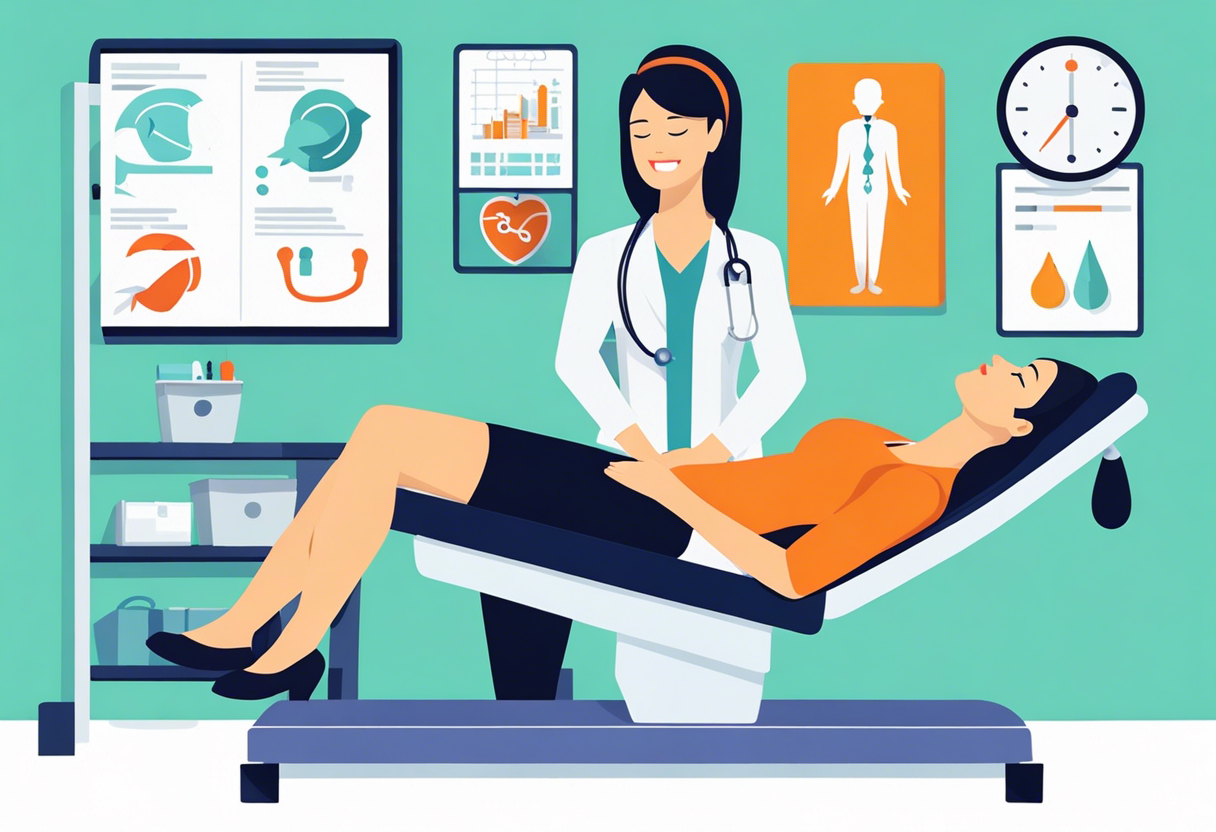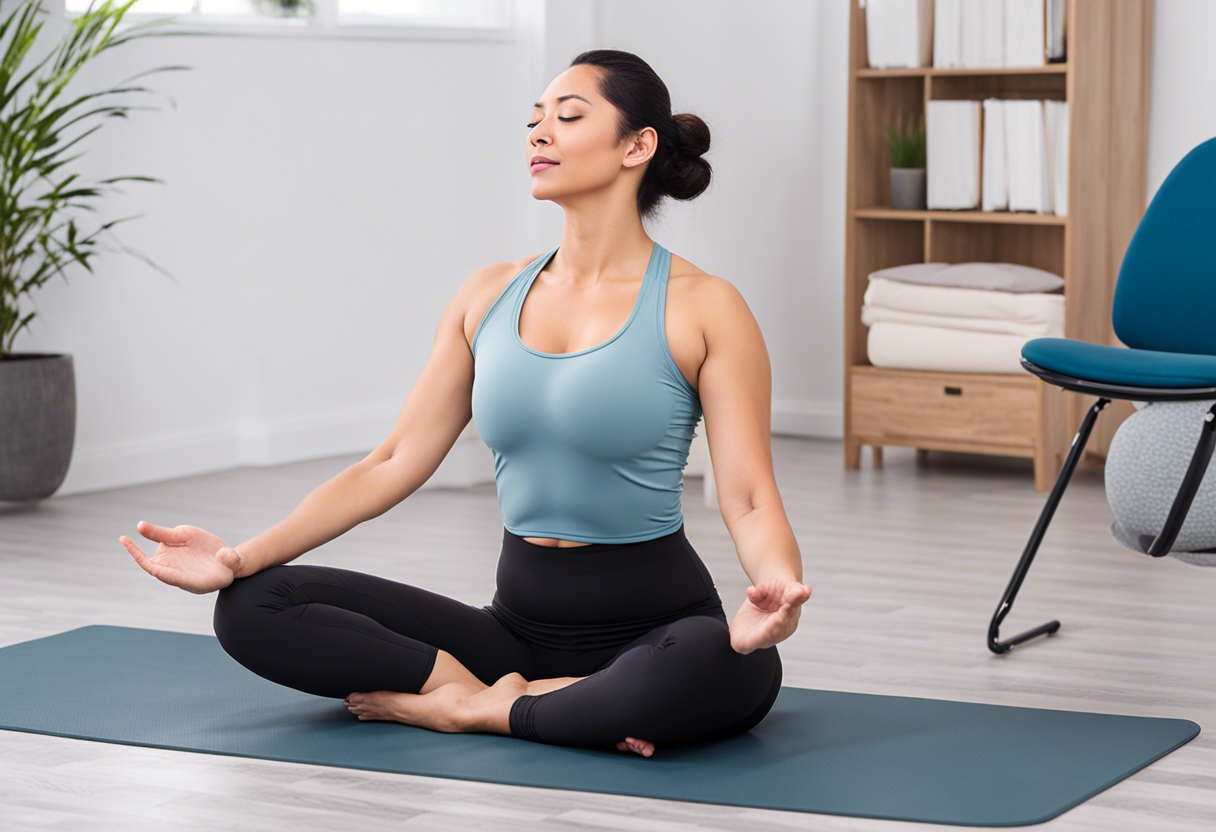Master the Secrets of Pelvic Health: A Top 5 Guide to Well-being and Strength
Pelvic health is a critical issue that affects people across all walks of life. It is connected with the integrity of the pelvic floor muscles that influence various functions like urinary regulation, bowel control, and sexual response. Women, particularly those of a senior age, may particularly benefit from mastering the secrets of pelvic health.
Research shows that issues such as incontinence and sexual dysfunction commonly stem from weak pelvic muscles. Strengthening these muscles is possible, and can dramatically improve the quality of life and well-being. Maintaining proper pelvic health can also reduce risks of particular medical difficulties such as pelvic organ prolapse — when pelvic organs slip out of place.
But knowing about the importance of pelvic health is only the first step. Let's now delve deeper into the different ways to improve and maintain this area of health and strength.
Regular Pelvic Floor Exercises

Investing a few minutes each day in pelvic floor exercises can bring about a significant difference, functioning to strengthen the muscles that uphold urinary and fecal continence. Two effective exercises include the Kegel exercise and pelvic tilt which require minimal effort and can be done even while sitting or lying down.
Kegel exercises involve contraction and relaxation of the pelvic muscles, similar to the action when one stops the flow of urination midstream. On the other hand, pelvic tilt exercises involve lying flat on your back and then tilting your pelvis upward.
Good Nutrition for a Healthy Pelvis

Just like any other muscles in the body, pelvic muscles also require the right nutrition to remain healthy and strong. A balanced diet, rich in fiber, helps maintain regular bowel movement and prevents constipation, thereby reducing the strain on the pelvic floor muscles.
Equally crucial is fluid intake. Although people who experience urinary incontinence are often recommended to limit their fluid intake, it's essential to remember dehydration could lead to constipation and urinary tract infections, impacting the overall pelvic health.
Role of Physical Activity in Pelvic Health

Consistent physical activity helps in maintaining overall body health, including pelvic muscle strength. Exercises enhance circulation to your lower abdomen, increase muscle tone, and reduce inflammation, all vital for maintaining pelvic health.
However, it's vital to remember that high-impact activities, such as running and jumping, can put too much pressure on your pelvic floor muscles. So, consider combining low-impact exercises, like Pilates and yoga, with pelvic floor exercises for optimal results.
Regular Check-ups and Open Communication

To ensure your pelvic muscles are in good condition, regular check-ups, including pelvic exams, with health professionals are essential. They can identify potential issues and offer treatment strategies.
Open communication about your pelvic health issues is also vital. People often feel embarrassed discussing such matters, but remember, early treatment is better than facing long-term painful implications.
Role of Breathing and Relaxation Exercises

Breathing and relaxation techniques have been shown to reduce the likelihood of pelvic floor disorders. These techniques help in releasing tension from the muscles, including the pelvic floor muscles, enhancing their functionality.
Deep breathing exercises, for instance, could lower the chances of over-tightening of the pelvic floor muscles, which could lead to chronic pelvic pain. Chair yoga is an excellent relaxation technique that stretches and strengthens the pelvic muscles, enhancing their functionality. Regular practice of these techniques can influence the overall health of your pelvic muscles positively.
Powered by Froala Editor